Step into the vibrant world of Miami’s political landscape as you uncover the latest scoop on the happenings in this bustling city. From heated debates to groundbreaking decisions, Miami, Florida is home to a diverse and dynamic political scene. Stay tuned as we bring you the inside scoop on the movers and shakers who are shaping the future of this vibrant metropolis. Get ready to explore a world where politics meets palm trees, and where the decisions made today have a profound impact on the future of Miami.
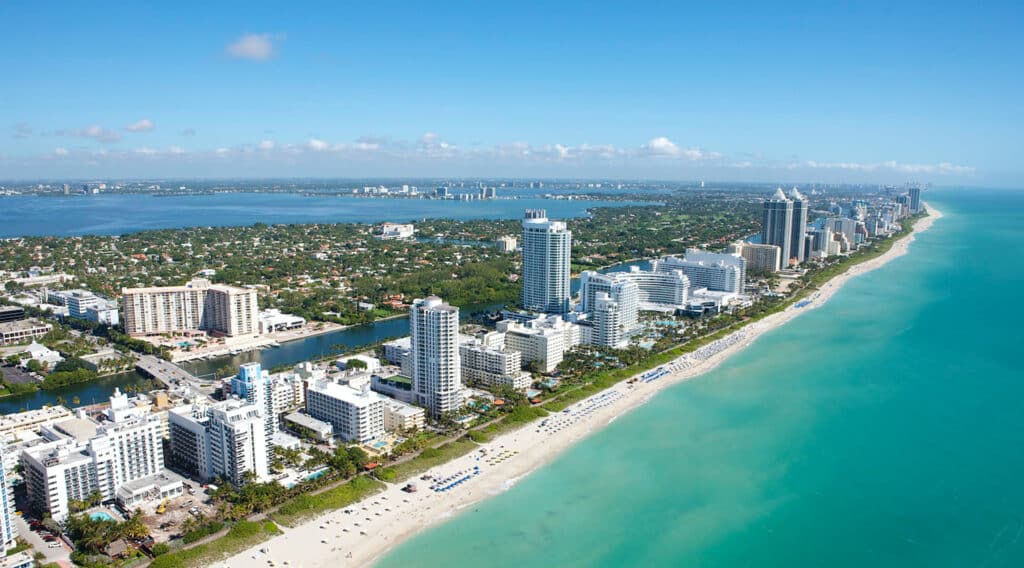
History of Miami’s Political Landscape
Founding of Miami
Miami, a vibrant and diverse city, has a rich political history dating back to its founding. In 1896, Miami was incorporated as a city, and since then, it has experienced significant growth and transformation. Initially inhabited by the Tequesta Native American tribe, Miami’s modern-era development began when Julia Tuttle convinced Henry Flagler to extend his Florida East Coast Railway to the area. This marked the start of Miami’s rise as a major economic and political hub.
Early political leaders
In the early days of Miami’s history, political leadership played a crucial role in shaping the city. Some notable early political figures include William M. “Uncle Billy” Tuttle, the first mayor of Miami, who served from 1896 to 1900. Tuttle worked tirelessly to attract new residents and businesses to the area, contributing greatly to the city’s growth. Other influential leaders during this period include John Sewell, Frank B. Stoneman, and James R. English, all of whom played key roles in establishing Miami as a dynamic political center.
Major political events in Miami’s history
Miami has witnessed several significant political events that have shaped its landscape. One such event is the construction of the Overseas Highway in the 1930s, connecting Miami to the Florida Keys. This development opened up new opportunities for tourism and trade, propelling the city’s growth. Additionally, the 1980 Mariel Boatlift, which brought thousands of Cuban immigrants to Miami, had a profound political and cultural impact, leading to changes in immigration policies and the emergence of a sizable Cuban-American community.
Current Political Structure in Miami
City government organization
The city government of Miami operates under a strong-mayor form of government. This means that the mayor, as the chief executive, holds significant power and authority in decision-making processes. The city government is organized into various departments, each responsible for specific functions such as public safety, transportation, and urban planning.
Mayor and city commissioners
The mayor of Miami is a pivotal figure in local politics. The current mayor, as of [current year], is [Mayor’s Name]. The mayor is responsible for overseeing the day-to-day operations of the city, implementing policies, and representing Miami at various events. Alongside the mayor, a group of city commissioners, [Number] in total, are elected to represent different districts within Miami. They work collaboratively with the mayor and city administration to address the needs and concerns of their respective constituencies.
Role of county government
Miami-Dade County plays a significant role in the political landscape of the region. It has its own governing body, the Miami-Dade County Commission, composed of [Number] commissioners. The county government is responsible for various services such as public transportation, zoning regulations, and social services. The county mayor, [County Mayor’s Name], oversees the county administration and works closely with the city government on matters of mutual interest, ensuring effective coordination between the two entities.
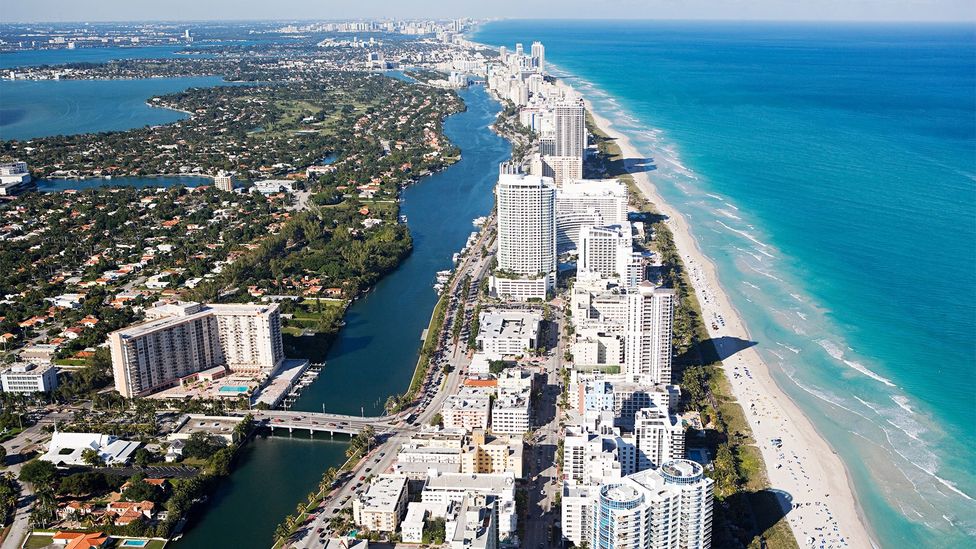
Political Parties in Miami
Democratic Party
The Democratic Party has traditionally held a strong presence in Miami’s political landscape. The party’s platform often aligns with the values and priorities of the city’s diverse population. Democratic candidates have been elected to various local, state, and national offices, championing issues such as social justice, affordable housing, and environmental protection. Miami’s Democratic Party has been actively involved in grassroots organizing, voter education, and community outreach efforts, fostering a favorable environment for the party’s growth.
Republican Party
While traditionally dominated by the Democratic Party, Miami has also seen increased Republican influence in recent years. Republicans have gained support from residents who prioritize economic growth, lower taxes, and policies appealing to conservative values. Over time, Republican candidates have successfully won local elections and secured representation in city government. The Republican Party’s presence in Miami demonstrates the city’s political diversity and the electorate’s willingness to support candidates from across the political spectrum.
Independent and third-party presence
Alongside the two major parties, Miami’s political landscape includes a diverse range of independent candidates and third-party affiliations. These political organizations and individuals often bring forth alternative perspectives and unique policy proposals, reflecting the region’s diverse and eclectic population. While they may face challenges in attaining significant political power, independent and third-party candidates contribute to a healthy democracy by offering additional choices for voters.
Key Political Figures in Miami
Current mayor
As of [current year], the mayor of Miami is [Mayor’s Name]. [Mayor’s Name] has been instrumental in shaping the city’s political landscape, working to address key issues facing Miami and representing the interests of its residents. With a wealth of experience and a commitment to public service, [Mayor’s Name] has been at the forefront of efforts to promote economic development, enhance community engagement, and improve the quality of life for all Miami residents.
Prominent city commissioners
Miami boasts a diverse group of city commissioners who play a vital role in local governance. Among the notable city commissioners are [Commissioner 1’s Name], [Commissioner 2’s Name], and [Commissioner 3’s Name]. Each commissioner brings their unique perspectives and expertise to city council discussions, ensuring that a wide range of voices are represented in decision-making processes. Together with the mayor, these commissioners work collaboratively to address the needs of their constituents and shape the city’s future.
Notable state representatives and senators
Miami is also well represented at the state level, with a number of notable state representatives and senators. These individuals advocate for Miami’s interests in Tallahassee, the capital of Florida, and play a crucial role in shaping state policies that affect the city. Some distinguished state representatives and senators from Miami include [State Representative’s Name] and [State Senator’s Name]. Through their legislative efforts, they strive to address the unique challenges facing Miami and promote its continued growth and prosperity.
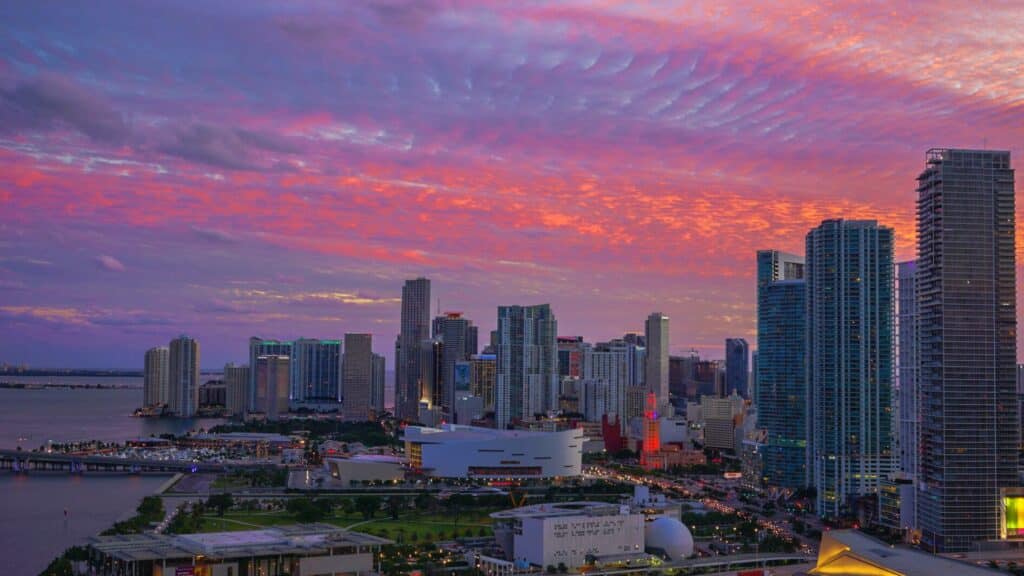
Election Processes and Voting Patterns
Registration and eligibility
To participate in Miami’s elections, residents must first register to vote. Eligible voters must be U.S. citizens, at least 18 years old, and legal residents of Miami-Dade County. Registration can be done online, by mail, or in person at designated locations. Miami-Dade County Supervisor of Elections provides resources and assistance to ensure all eligible residents can easily register and exercise their right to vote.
Primary and general elections
Miami follows the traditional election calendar, with primary and general elections held at specified times. Primary elections allow registered party members to vote for their preferred candidates to represent their party in the general election. The winners of the primary elections then proceed to the general election, where all registered voters can cast their ballots for the candidates of their choice. This two-step process encourages robust debate and competition, ensuring that Miami residents have a say in choosing their elected officials.
Voting demographics
Miami is known for its diverse population, and this diversity is reflected in voting patterns. The electorate in Miami includes individuals from various ethnicities, races, and backgrounds, each with their own perspectives and priorities. The political landscape of Miami is shaped by the unique concerns of its diverse communities, such as affordable housing, public transportation, and environmental sustainability. Understanding and representing the varied interests of Miami’s voting demographics is crucial for political candidates seeking to secure broad-based support.
Hot Button Issues in Miami Politics
Affordable housing crisis
One of the most pressing challenges in Miami’s political landscape is the affordable housing crisis. As a popular tourist destination and a growing metropolitan area, Miami faces skyrocketing housing costs, making it difficult for many residents to find affordable homes. Addressing this issue requires innovative policies and collaborations between the city, county, and state governments. Balancing economic growth with the need for affordable housing is a delicate task that Miami’s politicians continue to grapple with.
Climate change and sea-level rise
Miami’s vulnerability to climate change and sea-level rise is a critical issue that has gained significant attention in recent years. Rising sea levels threaten the city’s infrastructure, coastal communities, and the overall well-being of its residents. Local politicians have been proactive in implementing measures to mitigate the impact of climate change, including investment in renewable energy, infrastructure upgrades, and promoting sustainable practices. The political landscape in Miami is strongly influenced by the urgent need to address the effects of climate change and protect the city’s future.
Transportation and traffic congestion
With a growing population and increasing tourism, transportation and traffic congestion pose major challenges in Miami. The city has made efforts to improve public transportation systems, expand bike lanes, and enhance walkability. However, addressing the pressing traffic issues requires continued investment, collaboration between different government entities, and innovative solutions. Political leaders in Miami recognize the importance of tackling transportation challenges to ensure a seamless and efficient movement of people and goods.
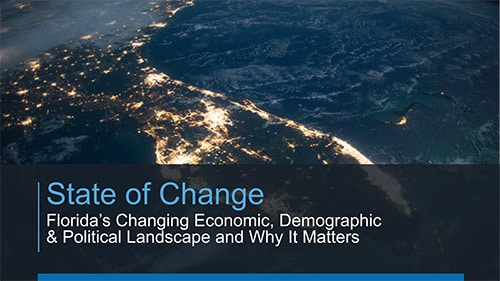
Ethnic and Cultural Influence in Politics
Cuban-American community
Miami’s political landscape is profoundly influenced by its large and politically active Cuban-American community. Since the Cuban Revolution in the 1950s, many individuals and families sought refuge in Miami, shaping its culture and politics. The Cuban-American community has historically been involved in advocating for policies that promote freedom, human rights, and democracy, both locally and nationally. Their influence is evident in the election of numerous Cuban-American politicians who champion the concerns of their community and uphold its values.
Haitian-American community
The Haitian-American community is another significant cultural and political force in Miami’s landscape. Dating back to the late 20th century, the Haitian diaspora has established a strong presence in the city, contributing to its vibrant diversity. Haitian-American politicians and community leaders have actively engaged in local politics, advocating for immigrant rights, social justice, and issues pertinent to their community. Their involvement has helped shape Miami’s political discourse, reflecting the unique perspectives and experiences of the Haitian-American population.
Influence of other immigrant groups
Miami’s multiculturalism extends beyond the Cuban and Haitian communities, with diverse immigrant groups contributing to the city’s vibrant political landscape. Communities such as the Colombian, Venezuelan, Nicaraguan, and Jamaican diasporas have established strong roots in Miami, bringing their cultural heritage and political engagement with them. The various voices and perspectives of these immigrant groups enrich the political discourse in Miami, fostering a greater understanding and appreciation of different cultures, opinions, and issues.
Political Activism and Engagement
Protests and demonstrations
Political activism plays a crucial role in shaping Miami’s political landscape. Residents actively engage in protests and demonstrations to voice their concerns and advocate for change. Issues such as racial inequality, immigration policies, and climate change have sparked significant activism and mobilization within the city. Peaceful protests, rallies, and marches provide a platform for residents to express their opinions, hold elected officials accountable, and drive social and political change.
Community organizations
Community organizations have a strong presence in Miami’s political landscape, providing platforms for civic engagement and advocacy. Non-profit organizations, grassroots initiatives, and neighborhood associations empower residents to become actively involved in shaping local policies and programs. These organizations work to address various issues, from education and healthcare to social justice and the environment. Through their efforts, community organizations contribute to a more inclusive and participatory political system in Miami.
Youth involvement in politics
The youth in Miami have shown a growing interest in politics and have become increasingly engaged in the political process. Young residents are actively involved in campaigns, voter registration drives, and advocating for issues that affect their generation. Organizations such as youth councils, student-led initiatives, and college political groups provide opportunities for young people to develop leadership skills and contribute to the political landscape. The enthusiasm and fresh perspectives of the youth play a pivotal role in shaping the future of Miami’s political landscape.
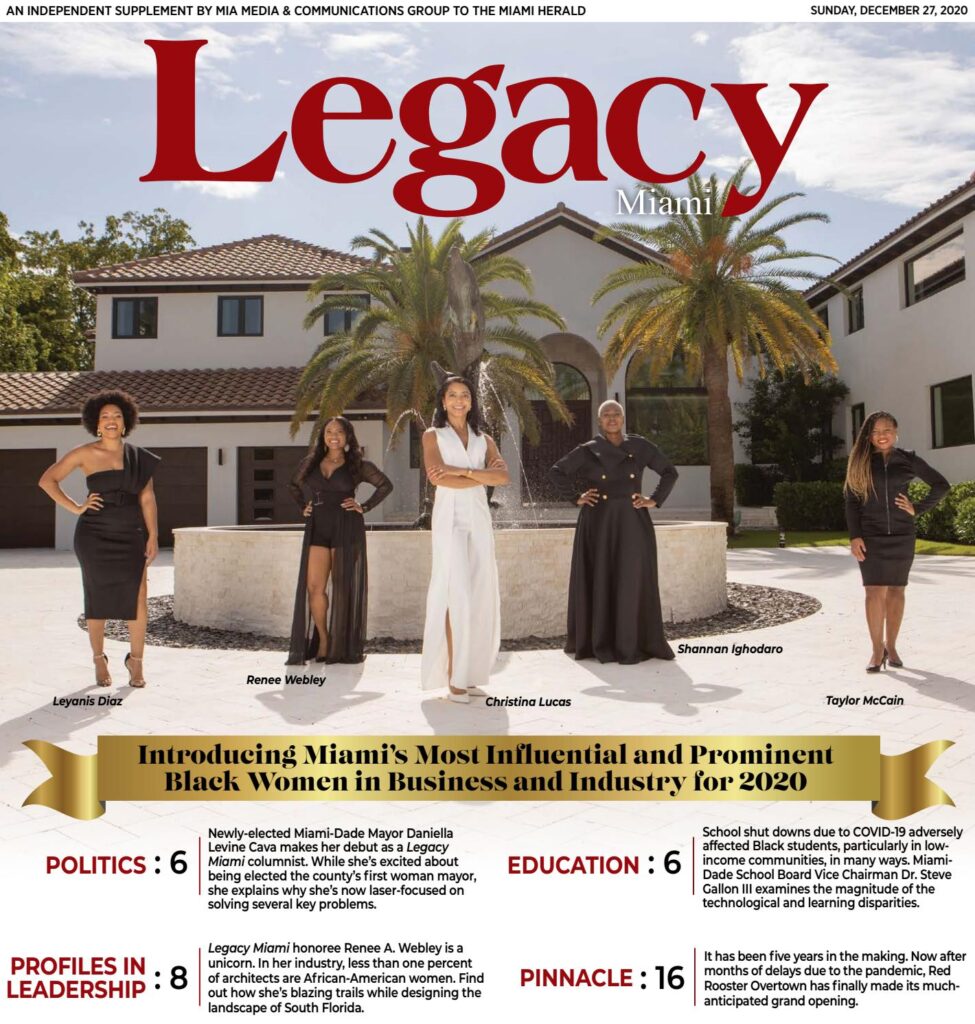
Political Corruption and Scandals
High-profile corruption cases
Like any other city, Miami has faced its share of political corruption and scandals. High-profile cases have attracted media attention and prompted increased efforts to combat corruption and promote transparency in government. Political leaders and law enforcement agencies have taken steps to hold accountable those who engage in corrupt practices, ensuring that Miami’s political landscape operates on the principles of integrity and ethical conduct.
Efforts for accountability and transparency
The exposure of corruption scandals has led to a heightened focus on accountability and transparency in Miami’s political landscape. Elected officials, advocacy groups, and the media have worked together to establish measures that promote openness in government processes. Increased disclosure requirements, ethics training, and public access to official records have all contributed to fostering a culture of transparency and greater trust in the political system.
Impact on public trust in government
Political corruption and scandals have undoubtedly eroded public trust in government institutions. However, efforts to address and prevent corruption have also helped rebuild trust over time. Stricter ethics rules, independent oversight bodies, and active citizen participation have contributed to restoring faith in Miami’s political landscape. In the face of past challenges, the city has shown resilience and a commitment to upholding the highest standards of governance and accountability.
Miami’s Political Future
Upcoming elections
As in any democratic society, Miami’s political landscape will continue to evolve through upcoming elections. Every election cycle provides an opportunity for new leaders to emerge, existing politicians to seek re-election, and for voters to express their preferences. The upcoming mayoral and city commission elections will play a pivotal role in determining the direction Miami takes in addressing various issues, such as affordable housing, climate change, and transportation.
Emerging political trends
One emerging political trend in Miami is the increasing emphasis on sustainability and resilience. As the city confronts the challenges posed by climate change, political leaders are prioritizing environmentally-conscious policies and investments. Another trend is the growing influence of diverse immigrant communities, who contribute to shaping Miami’s policies and shaping public discourse. These emerging trends reflect Miami’s continued commitment to building a city that is forward-thinking, inclusive, and resilient.
Challenges and opportunities ahead
Miami’s political landscape faces both challenges and opportunities. Addressing the affordable housing crisis, finding sustainable solutions to combat climate change, and improving transportation infrastructure are among the complex and interconnected challenges that lie ahead. However, these challenges present opportunities for innovative solutions, collaboration across government entities, and active participation from Miami’s diverse population. By embracing these challenges head-on, Miami can pave the way for a vibrant and prosperous future.
In conclusion, Miami’s political landscape is a tapestry of diverse voices, cultures, and ideas. From its founding to the present day, the city has seen significant growth, evolving political parties, and the emergence of vibrant communities shaping its discourse. As Miami continues to navigate key issues such as affordable housing, climate change, and transportation, political engagement, activism, and a commitment to transparency will be instrumental. By embracing the challenges ahead and capitalizing on the opportunities they present, Miami has the potential to forge a future that is inclusive, sustainable, and prosperous for all.